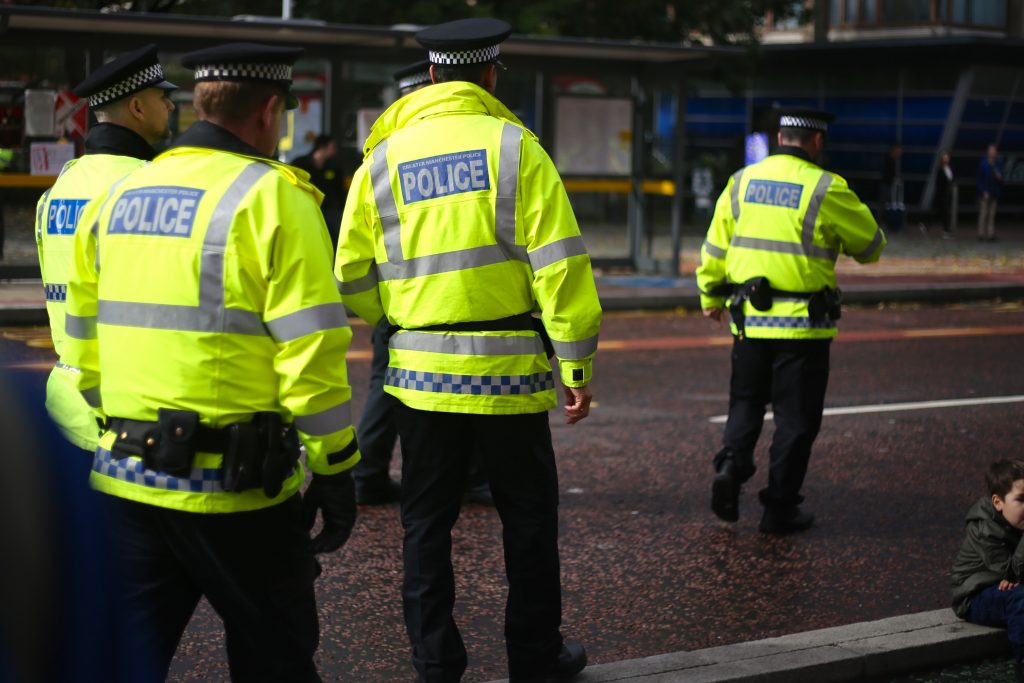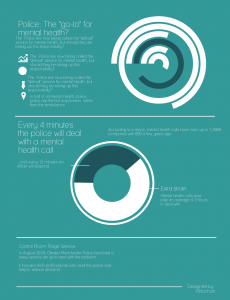
Police are being used frequently as the default service to respond to people with mental health problems.
The report was commissioned by Her Majesty’s Inspectorate of Constabulary and Fire and Rescue Services (HMICFRS) and they concluded that the mental health services are failing people at their most vulnerable. The officers have been described as “overstretched” and “overwhelmed” after they’ve been deployed at times where other services should have taken responsibility.
However, the report also praised the police for “doing a good job in difficult circumstances” and “dealing with mental health calls with care and compassion”. Yet, they received grave concerns surrounding the issue on the demand of officers and called for fundamental change in the way those with mental health problems are supported by the state.
In August 2018, Greater Manchester Police, also known as GMP, launched a Control Room Triage service which is co-funded by three Greater Manchester Clinical Commissioning Groups (CCGs) as well as the Greater Manchester Combined Authority (GMCA).
The service will work alongside NHS professionals to reduce the demand on police staff by using the expertise of trained medical health professionals. They have now been relocated to GMP’s communications centre. The staff provide expert clinical advice to support officers with decision making processes and if appropriate, they will mitigate the unnecessary deployment of officers.

The triage service ensures people living with mental health issues get the care they need sooner opposed to later. This also allows police to protect the most vulnerable at times of crisis, ensuring the best outcomes for them at the earliest opportunity.
Rob Potts, Assistant Chief Constable at Greater Manchester Police said: “While the report has praised the police for their efforts, it has raised issues of concern regarding the service that people with mental health receive and the huge drain this places on police resources. Notwithstanding this, we are proud of the partnership we have established with the NHS to take the first step to improve this.”
Deputy Mayor of Greater Manchester Bev Hughes added: “HMICFRS’ assessment that ‘the police should be the last resort, not the first port of call’ when dealing with people with mental health problems is something that resonates with me and partner agencies here in Greater Manchester. We recognised a long time ago the untenable demand of mental health on an already stretched police service.
“People in crisis need help and support from the right people, in the right setting and this has driven our transformation of mental health crisis care. The Control Room Triage service is an example of how we are doing things differently and we will continue to build on this work to reduce demand and protect vulnerable people.”
If you or someone you know is suffering from mental health problems, there is available support that you can contact. The Samaritans, Mind and The Sanctuary are all charities aside from the NHS that have helplines where you can call or email for advice.














Recent Comments